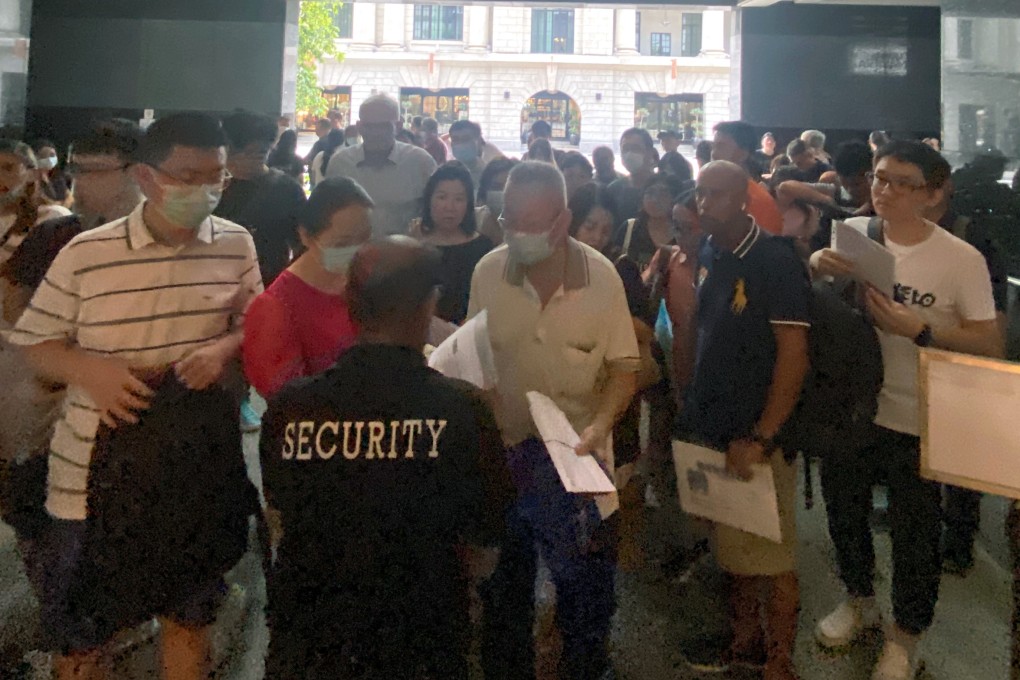‘Unthinkable’: Singaporeans queue for up to 16 hours in scorching heat for China travel visa
- Although China has eased its strict pandemic restrictions, it has not resumed the ability for Singaporeans to visit the country visa-free for 15 days
- The demand for visas has driven some to queue outside the China Visa Application Centre overnight, while others have questioned the ‘change in treatment’ for Singaporeans travelling to China


Sun Haiyan, Beijing’s top envoy in Singapore, noted in a Facebook post on Sunday that the number of visa applications to China had increased “significantly” ahead of the summer holidays.
The centre would “adjust the process for emergency visa applications, so that applicants won’t have to queue in the scorching heat”, she said. It would move visa appointment bookings online, increase the number of daily appointments and waive any extra fees, she added.
Still, it has not stopped many from braving the heat and setting up camp outside the centre. Some wanted to reunite with their families after three years, while others were keen to resume in-person business meetings.
However, a number of them were not aware of the changes to emergency visa applications, which are open to those needing to travel to China for reasons such as visiting critically ill family members or conducting urgent business activities.